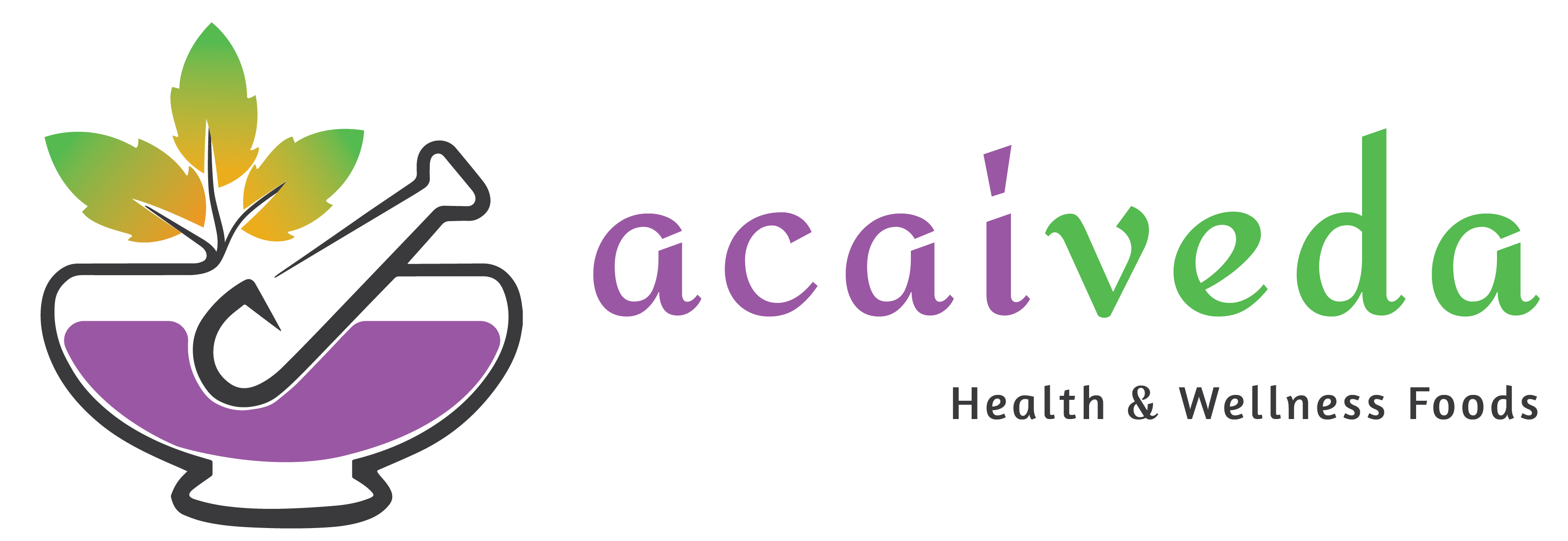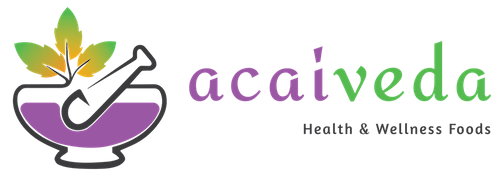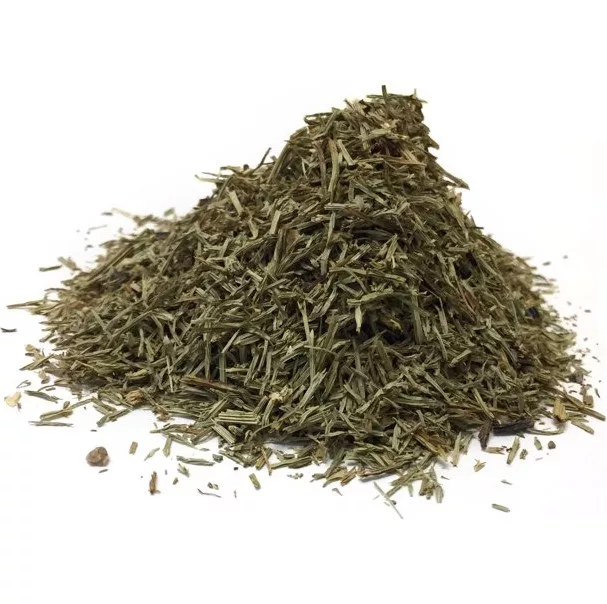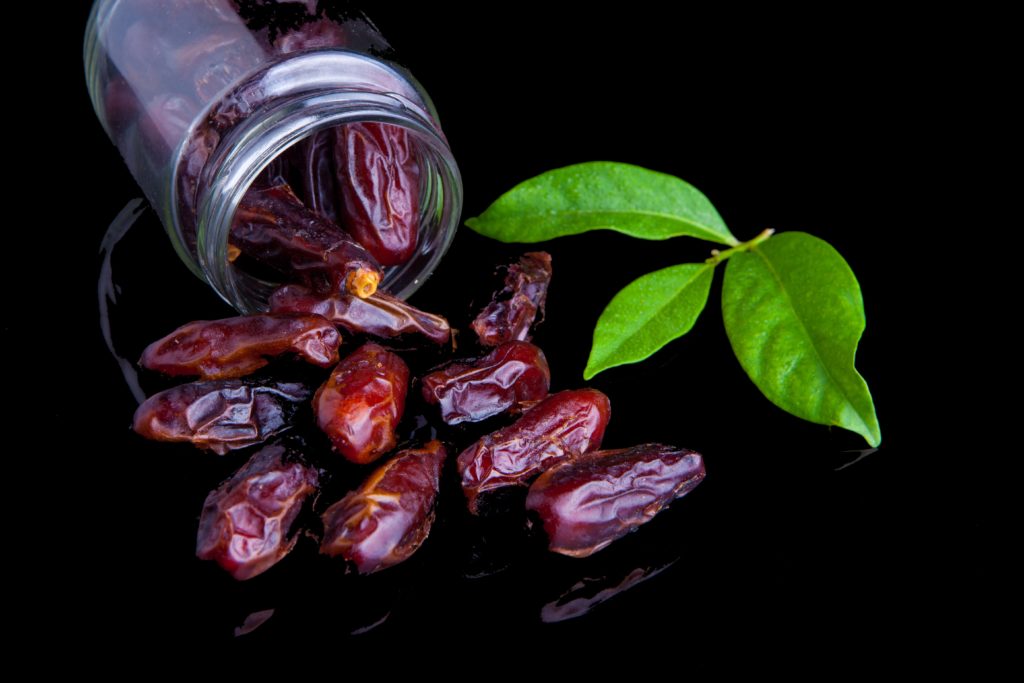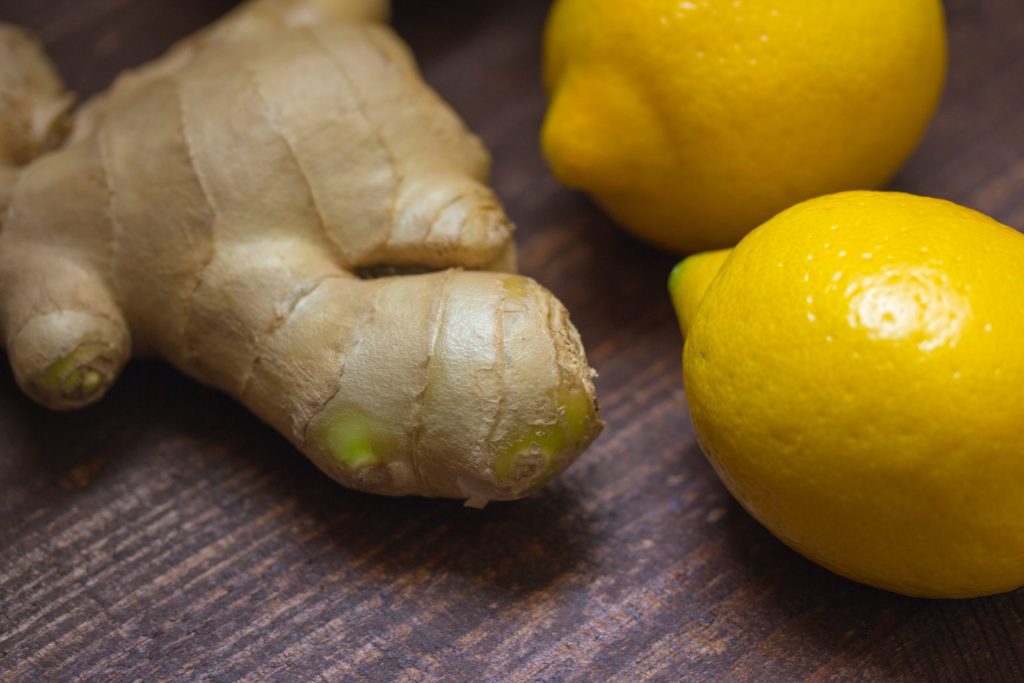
GINGER: THE JUICE WITH A KICK
Ginger juice is a juice made from blending and straining fresh ginger root.
WHAT IS THE HISTORY OF GINGER?
The history of ginger can be traced back to ancient times. The ginger plant is native to tropical Asia, specifically the islands of the Malay Archipelago, and it has been cultivated for thousands of years in China, India, and Southeast Asia.
In ancient China, ginger was used for medicinal purposes, as well as a spice to flavor food. In ancient India, ginger was considered a sacred plant and was used in Ayurvedic medicine, an ancient system of medicine, to treat a variety of ailments such as headaches, joint pain, and digestive issues.
Ginger was also used in ancient Greece and Rome, where it was believed to have healing properties and was used to treat a variety of ailments such as digestive issues and fever.
During the Middle Ages, ginger was brought to Europe by Arab traders, where it became a popular spice and was used to flavor food and also as a medicine.
In the 16th century, ginger was brought to the Americas by the Spanish and the Portuguese, where it was used as a spice and also as a medicine to treat a variety of ailments.
Today, ginger is widely used in many cuisines around the world, and it is also used in the production of ginger supplements, teas and ginger juice. It is considered as a healthy ingredient and is used in many traditional medicine systems.
WHAT NUTRIENTS ARE IN GINGER?
Ginger is a root that is known for its pungent flavor and aroma. It is also a good source of several important nutrients, including:
- Fiber: Ginger contains small amounts of fiber, which can help regulate digestion and promote feelings of fullness.
- Potassium: Ginger is a good source of potassium, a mineral that is essential for heart and muscle function.
- Magnesium: Ginger contains magnesium, a mineral that is important for maintaining healthy bones, muscles, and heart.
- Manganese: Ginger is a rich source of manganese, a mineral that is essential for healthy bones, skin, and metabolism.
- Vitamin B6: Ginger contains small amounts of vitamin B6, which is important for healthy brain function, immune system function, and metabolism.
- Copper: Ginger is a good source of copper, a mineral that is important for healthy bones, skin, and immune system.
WHAT IS THE DAILY VALUE OF NUTRITION IN GINGER?
A 100-gram serving of fresh ginger contains:
- 2% of the daily value (DV) of Fiber
- 2% of the DV of Potassium
- 3% of the DV of Manganese
Ginger also contains small amounts of other essential vitamins and minerals, such as vitamins B6 and C, and magnesium.
WHAT ARE THE BENEFITS OF GINGER?
Ginger juice is a popular beverage that is believed to have several potential health benefits, including:
- Anti-inflammatory: Ginger juice contains compounds such as gingerol and shogaol, which have anti-inflammatory properties and can help to reduce pain and inflammation in the body.
- Digestive Health: Ginger juice can help to stimulate the production of digestive enzymes, which can improve digestion and relieve symptoms of indigestion, bloating, and gas.
- Nausea: Ginger juice is commonly used to help alleviate nausea and vomiting caused by morning sickness, chemotherapy, and surgery.
- Cold and Flu: Ginger juice is rich in antioxidants and anti-inflammatory compounds, which can help to boost the immune system and reduce the severity and duration of colds and flu.
- Heart Health: Ginger juice contains compounds that can help to lower cholesterol levels and reduce the risk of heart disease.
- Pain relief: Ginger juice may help reduce muscle pain and soreness.
- Anti-cancer: Some studies suggest that ginger may have anti-cancer properties and may be helpful in reducing the risk of certain types of cancer.
HOW DO I CONSUME GINGER?
Ginger can be consumed in several different ways:
- Eating Fresh: Ginger can be eaten fresh, after peeling and grating it. It can be added to dishes like curries, stir-fries, and marinades for meat or fish.
- Cooking: Ginger can be used in cooking and baking in many different ways, from gingerbread to ginger snaps, ginger tea, and also ginger beer.
- Juice: Ginger can also be juiced and consumed as a refreshing drink. It can be mixed with other fruits or vegetables to make a healthy and delicious juice.
- Supplement: Ginger is also available in supplement forms such as powder, capsules, and tablets, these forms are convenient and easy to take, but it’s important to follow the dosage instructions on the product label or as advised by your healthcare provider.
- Tea: Ginger can be used to make a soothing tea by slicing a small piece of fresh ginger and steeping it in hot water.
WHAT SCIENTIFIC RESEARCH HAS BEEN CONDUCTED ON THE EFFECTS OF GINGER?
Scientific research has been conducted to study the effects of ginger on various health conditions.
- Nausea and vomiting: Many studies have shown that ginger can be effective in reducing nausea and vomiting, particularly in women experiencing morning sickness during pregnancy, and in people undergoing chemotherapy or surgery.
- Inflammation and pain: Ginger contains compounds such as gingerol and shogaol which have anti-inflammatory and antioxidant properties and may help to reduce pain and inflammation in conditions such as osteoarthritis, rheumatoid arthritis, and muscle soreness.
- Cardiovascular Health: Some studies suggest that ginger may help to lower cholesterol levels and reduce the risk of heart disease.
- Immune system: Ginger contains compounds that may help boost the immune system and reduce the severity and duration of colds and flu.
- Type 2 diabetes: Some studies suggest that ginger may help to lower blood sugar levels in people with type 2 diabetes.
- Cancer: Some laboratory studies and animal research suggest that ginger may have anti-cancer properties, but more research is needed to confirm these findings in humans.
HOW MUCH GINGER CAN I CONSUME DAILY?
The recommended daily amount of ginger can vary depending on the individual and the reason for consumption.
According to the National Center for Complementary and Integrative Health (NCCIH), most studies have used 2–4 grams of ginger per day, which is equivalent to about 1-4 tablespoons of fresh ginger root.
For nausea and vomiting, a common use of ginger, studies have used dosages of 250 – 1,000 mg, four times a day.
Note: We are a small business so we used a cheat code (ChatGPT, phew, technology has come far!) to help me write this blog post. I double-checked the information contained within this post to ensure accuracy.
